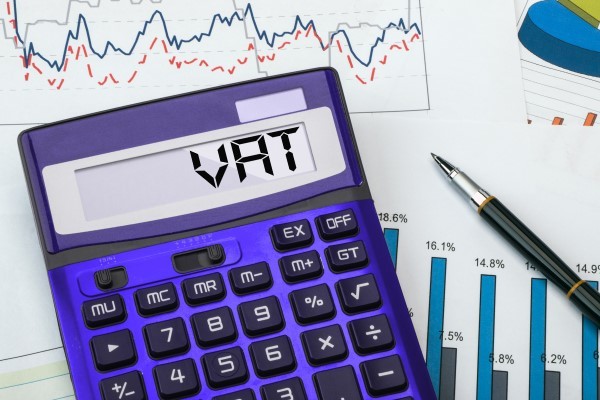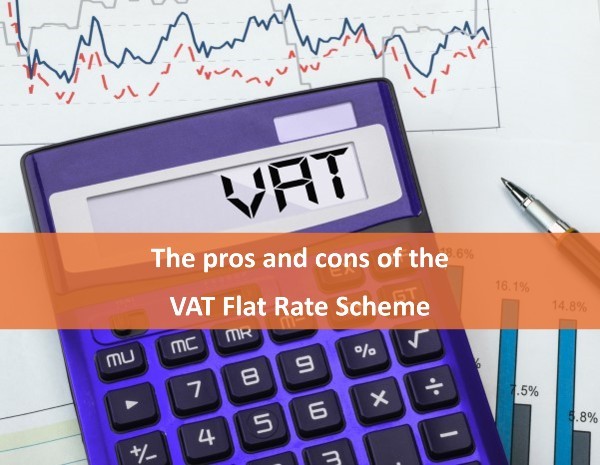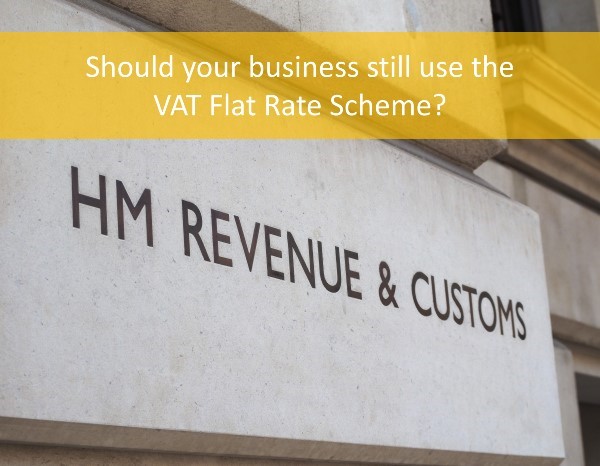
Even if your annual turnover is less than £85,000 per annum, don’t just assume that VAT registration is not for you. There are many advantages to being registered, most of which outweigh the well-known disadvantages.
The price paradox
Last year I asked two builders to quote me for a small property repair. Coincidently one was VAT-registered, the other not. The quote presented by the former, when VAT was added, came to within £1.00 of the other. Quite apart from the obvious suspicion of collusion, I was intrigued as to why being registered for VAT didn’t affect the price. After all the non-registered builder was going to retain 20% more than the other. The answer is not as simple as it appears, as I have explained occasionally to tradesmen clients who have considered deregistration because they thought it would give them a price advantage when quoting for work.
Currently the annual turnover threshold for compulsory registration is £85,000. Turnover is the supply of all goods and services subject to VAT, including those that are zero-rated. But it is possible to register voluntarily even if the annual taxable turnover falls below this amount. If this applies to your business you should check to see if registration would be advantageous, even if, as in the above example, you supply mainly to the end user who cannot reclaim the tax.
What you can reclaim
Top of the list of advantages of registration is the ability to reclaim VAT on your inputs. This includes the materials you buy to sell to your customers or use as part of your service to them. It also includes consumables, tools, motor expenses (subject to limitations) and even your accountancy bill. Incidentally it also includes the cost of your van or lorry (but not your car), and the computer you use to plan your work, prepare your quotes, issue your invoices and record your transactions. It is quite possible that the tax you can reclaim will more than compensate for any business you may lose by having to add VAT to your charges.
When you register you can retrospectively claim the VAT on any services bought during the previous six months and any goods or capital items bought within the last four years, provided you still own them.
Credibility
Being VAT registered makes a statement about the size of your business. In my real-life example I might have been deterred from using the non-registered builder because I knew that his turnover must be below £85,000 p.a. So having a VAT registration gives the impression of a substantial, well-established business, and this is particularly the case where the customer base largely comprises other VAT-registered businesses. It’s a question of credibility, and this applies to an even greater extent if you are seeking to export. A business customer in another country is unlikely to buy from you if you cannot produce a VAT registration number.
For a growing business, registering voluntarily is a good way of avoiding accidentally exceeding the threshold for compulsory registration, which can be a costly mistake.
Don’t be put off by the paperwork
There are of course disadvantages. I have already mentioned that adding 20% to your sales invoices might (but not necessarily will) make you less competitive when selling to the non-registered end user. Another disadvantage is the increase in record-keeping, including the preparation and on-line submission of a quarterly VAT return. If you are concerned, however, about the complications of Making Tax Digital, using HMRC compliant software and periodically uploading your entire accounting records, you can relax at least for a while because this doesn’t yet apply to voluntary registrations whose turnover is less than £85,000.
Another disadvantage may occur if you are the sole owner of another business, because your VAT registration will apply also to all of your other taxable activities.
The escape route
Finally, if it doesn’t work out for you all is not lost because you can apply to deregister as long as your turnover is less than £83,000. You just need to remember that if the VAT you have already claimed on your stock of goods and capital items exceeds £1,000 at the deregistration date you will have to repay it.
If you are considering voluntarily registering for VAT, the first step is to talk to us and let us calculate the financial effects. VAT is a very complex tax and you need to know exactly how it will affect your business.
If you would like to know more about VAT and how it works read our blog of 8 February 2019 by following this link.




.png)



